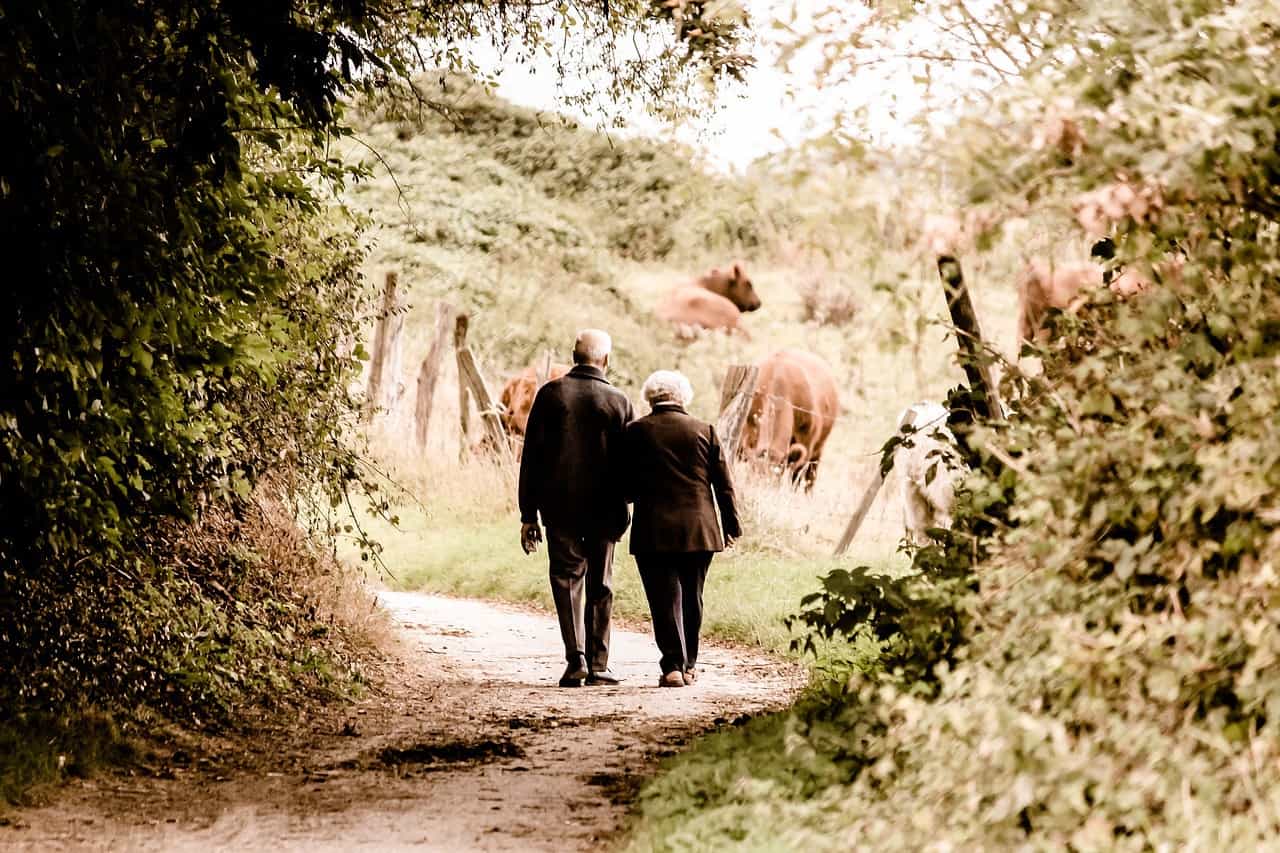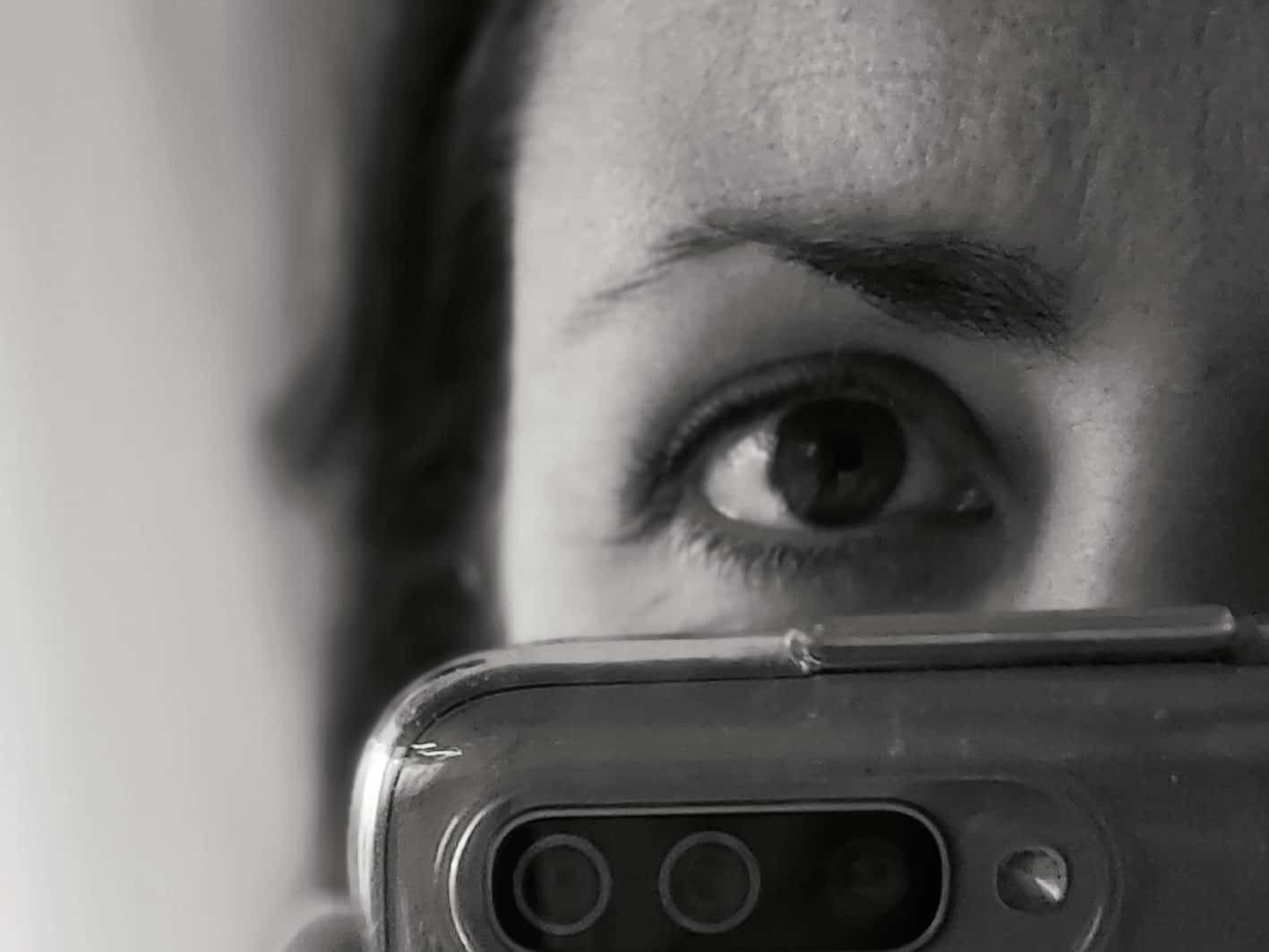Empower your future by planning for retirement
As parents, we’re often guilty about putting everyone else before ourselves. Financial matters are no exception, and many women put off sorting out their pension because something else always seems more urgent. Scottish Widows have just released their 2018 Women and Retirement report, which makes for sobering reading. It’s time we all started exercising a bit of financial self-care.

Scottish Widows 2018 Women and Retirement report statistics
The report highlights the fact that a lack of flexibility in terms of access to a pension can impact the way women save for the future. It may not surprise you to read that on average, men hold nearly twice as much in savings as women, with men averaging £61,604 and women averaging £33,779.
Happily though, the situation is improving. In the UK, 54% of women now save adequately for retirement. This is the highest number since Scottish Widows began their research back in 2005. Auto-enrolment is credited with allowing more people to save and the number of women not saving for retirement at all is now 18%, a record low.

That said, in the 22-29 age group, 46% of men save adequately for the future in comparison to only 33% of women. Within same age group, 25% of women aren’t saving for retirement at all. Financial difficulties have been a problem for 56% of women under 30 and 50% of men. Over a quarter of those say their money problems came as a result of an unexpected bill.
Of those in the 22-29 age category not saving for a pension, 42% of them say they’d be more likely to do so if they could gain limited access to their savings for emergencies. This step would enable 367,000 more women to start saving. Additionally, 19% of those of the same age who do save said they’d pay more into their pension if they had access to it.
Report recommendations and what that means in reality
In order to empower women to save adequately for retirement, the report recommends that people should have limited, penalty free access to their pension savings. Such access would be granted throughout their lives. Additionally, there is a recommendation that the default level of savings is increased to a minimum of 12%.
The reality is that this has a wider reaching impact than protecting women in retirement. It could empower financial self-care and reduce debt throughout our working lives. Because money that goes directly from salary to pension never makes it into your bank account. You don’t rely on it, it’s tax free and is often matched or added to by your employer.
So, imagine the impact of making a proportion of that money available as a crisis fund instead of turning to overdrafts, credit cards and payday loans. We all find ourselves with unexpected bills from time to time. And with no access to savings, this can be the beginning of a financial downward spiral.
My experience
Since becoming a parent, my approach to savings has changed. As an employee, I embraced the work pension scheme. But when the children came along, I turned to freelancing for work-life balance. Since then, I haven’t paid a penny towards my retirement. It was always the next thing on my list. When we’d paid for this or that, sorted out our finances or business improved I’d start paying into my pension.

That never happened because three years ago, we spiralled unexpectedly into financial crisis. My husband had an accident that left him in hospital for three weeks and unable to walk unaided for 12 months. His work have been incredible throughout that time, but as a freelancer there was no support for me.
For several months, I was unable to work as much as usual. Between caring for my husband and children and doing everything around the house, work was confined to late at night and the early hours of the morning. My income dropped considerably and we ended up borrowing to make ends meet. If I’d had limited access to my pension savings at that time, this would never have happened. We’d have used it as a crisis fund and got through our difficulties without ending up in debt. And I would have started to pay into my pension again.
As things stand, we’re in a constant battle against unpaid invoices. My monthly earnings look great on paper, but the majority of clients don’t pay on time. So the borrowing continues as we accrue overdraft fees whilst waiting for payments to catch up. And that pension? Restarting my contributions is still a priority. For now though, it remains out of reach.
The Pension Wellbeing Hub
Scottish Widows want all women to start thinking about retirement and empower their future. On their Pension Wellbeing Hub, you can find the 2018 Women and Retirement report to download. Their pension wellbeing guide covers how to find out how much you’ve already saved and whether you’re on track for retirement. It tells you what to do next and how a change in circumstances might impact your savings.
The Wellbeing Hub also provides access to a series of 30 second films answering basic questions around pensions. Handy calculators help you to explore your pension options. You can find out how increasing your contributions now could make a big difference to your retirement. There’s even a pension personality quiz to tell you what sort of saver you are.
Whilst my own situation in regard to retirement savings is pretty dire, the 2018 Women and Retirement report gives me hope. Hope for myself, but more importantly hope that by the time my children start work, everybody will be empowered to save adequately for their retirement. In doing so, it would be great to see everyone having limited access to their savings in order to avert financial crisis.







This is a very timely reminder! Like you, I paidingo a pension as an employee, but I’ve been paying nothing since I started freelancing four and a half years ago. My husband had a look at both of our pensions recently and we realised they were in a pretty depressing state. Getting them back off the ground will be a priority for 2019!
Oh isn’t it a worry? I’m glad it has reminded you, this is also a priority for me in 2019.
Nat.x
I pay a teeny-tiny amount into my personal pension pot each month. I really should look at bringing that amount up. Great post and a timely reminder, Nat. xx
Ahh that’s good, great that you do pay something. I really need to sort something out too.
Nat.x
I’ve kept contributing, but it is never enough when you sit down and look at the figures. Really should give it a fresh review.
It’s great that you’ve kept contributing though. I need to look at the figures on mine, I know it’s going to worry me.
Nat.x
I literally have no savings and no pension etc other than the usual state one eek, you’ve got me thinking now that I need to start thinking about the future a little bit more.
Stevie x
It’s so important but really easy to put it off isn’t it? It’s also tough to focus on putting some aside for the future when you’re only just managing now. That’s why I think it’s a great idea for people to be given limited access to their pension savings, it makes saving a more realistic prospect when you can access it in emergencies.
Nat.x
Hi Nat, retirement scares me, although I am happier now I am working and pay my stamps, but there is no way we can afford to put extra money aside, the wages for the average workers here just doesn’t allow for that. Many women do need more help putting money back for retirement age as we tend to be the ones working less hours or who choose to stay home to raise a family (not always, but generally)… I did get a nice surprise a while back, I still have money in a retirement fund I started as a teenager when I was in the UK. I stopped paying into it a long time ago, but what I put there is slowly adding up.
xx
Oh it’s good that you have found an unexpected fund. It is really difficult to put anything aside when you’re only just managing day to day isn’t it?
Nat.x
Itcwas a total surprise ( to think I don’t usually like surprises either). It is hard & I do believe that more people find it a struggle than don’t. The cost of living is high everywhere.
xx